Advance your career at the intersection of business, sustainability, and food production in just two semesters of online coursework.
Credential Type
Graduate Certificate - Coursera Based
Cost (2026)
$4,356
Delivery Format
Online
Program Length
12 Credit Hours (24 weeks of coursework)
Enrollment
Fall or Spring
Eligibility Criteria
Bachelor's degree required

Benefit 1
Master economic principles in agribusiness and sustainability.
Benefit 2
Integrate sustainability into business models for innovation.
Benefit 3
Boost career prospects with expertise in food production economics.
Overview
This online graduate certificate is for early- to mid-career professionals aiming to enhance their expertise in agribusiness management, food production economics, and sustainability.
The program offers comprehensive courses that cover global food production and the distribution of agricultural commodities and food products.
You will dive into financing and risk management in agricultural production and explore various contemporary challenges in the food and agriculture sector.

Skills You Will Learn
Upon completing this certificate, you will:
- Gain a comprehensive understanding of global agricultural supply chains, from initial inputs to consumer markets.
- Assess the factors driving food product demand in diverse economic environments.
- Navigate the complexities of trade policies and their impact on food supply and demand.
- Make strategic, informed decisions in agricultural risk management.
- Analyze agriculture as a viable and dynamic investment class.
- Evaluate the influence of environmental and agricultural policies on sustainability and ESG (Environmental, Social, and Governance) practices.
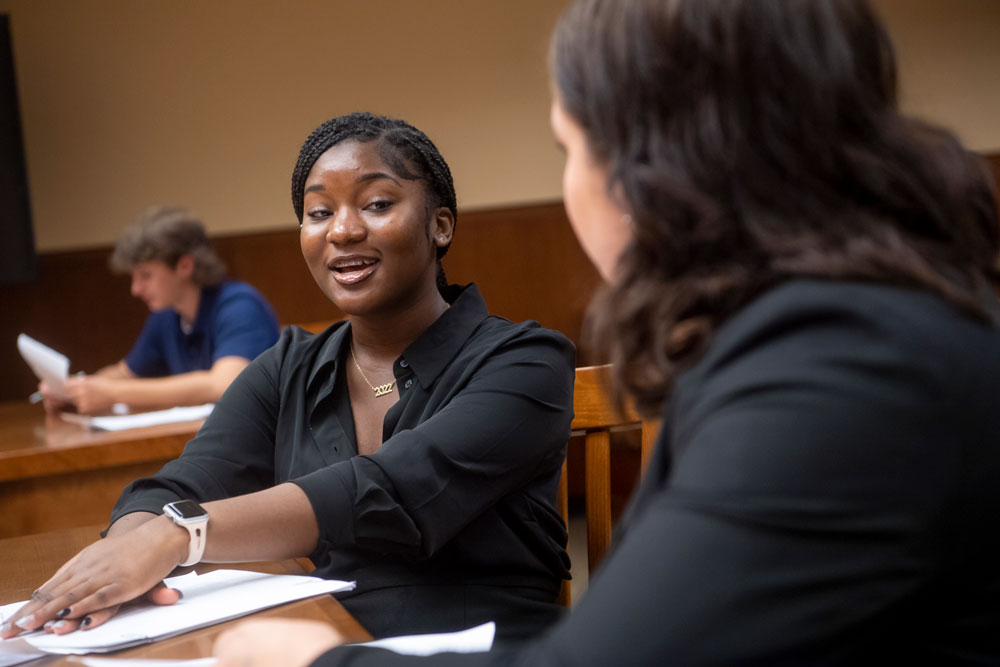
Build Skills that Matter
Gain the knowledge and practical experience needed to excel in your field and create meaningful impact.
Meet your instructors
Immerse yourself in expert-led learning, where each course is delivered by industry veterans who bring a wealth of real-world experience to their instruction. Our instructors not only share their extensive knowledge but also offer personalized insights tailored to your unique goals. Engage with cutting-edge technologies and interactive tools that make learning both dynamic and practical. By leveraging their expertise, you'll gain actionable skills and insights directly applicable to your career advancement.

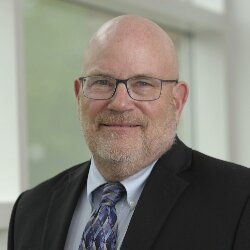
Professor
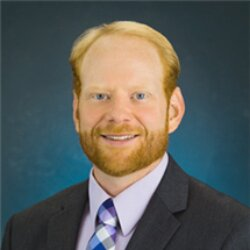
Gardner Hinderliter Professor of Farm Management
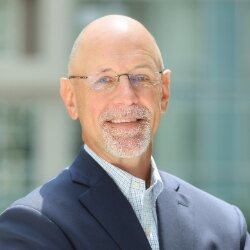
Fruin Professor in Land Economics and Director of TIAA Center for Farmland Research
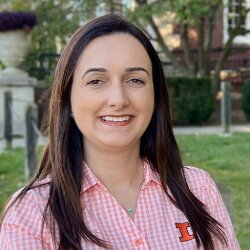
Instructor, Research and Learning Innovation Coordinator
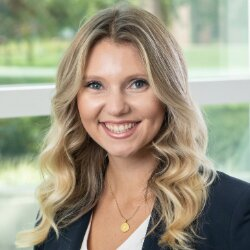
Instructor
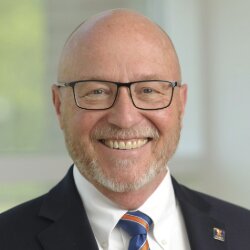
Senior Lecturer
Course Details

The Agribusiness and Sustainable Food Production Economics Certificate is a 12-credit hour program consisting of four credit-bearing graduate courses and six Coursera components.
To earn this certificate, you'll complete the following:
ACE 544 – Global Agriculture and Supply Chains
Coursera components:
ACE 545 – Risk and Decision-Making in Agriculture
Coursera components:
ACE 546 – Agriculture as an Asset Class
Coursera component:
ACE 547 – Modern Issues in Food & Agriculture
Coursera component:
How to Enroll
Applying for this Certificate
To apply for a graduate certificate program, you'll need to start an online application through the University of Illinois Graduate College.
The following items are required for your application:
- Bachelor’s degree: Unofficial transcripts are acceptable. A grade point average (GPA) of 3.0 (A=4.0), or comparable GPA for an international applicant, for the last two years of undergraduate study is a minimum requirement for admission.
- Professional resume: This should include personal information (name, address, telephone number, and email address), academic background, work experience (start and end dates for each position and a brief description of responsibilities), educational training, professional associations, and leadership experiences. Please limit your resume to two pages.
- English proficiency scores (international students only): If you are a non-native English speaker, you must upload your TOEFL or IELTS scores directly to your application. Review the Graduate College’s English proficiency requirements for more details on possible exemptions.
Steps to apply as a certificate student
- Navigate to choose.illinois.edu/apply.
- Create an account or Log in (as a returning users).
- Click Start New Application.
- Read the Instructions. Click the Continue button (bottom of page).
- Enter your Personal Information. Click the Continue button.
- Complete the Residency Information. Click the Continue button.
- In the left menu (on a desktop) or from the dropdown list (mobile), click the Program link.
- In the “Proposed Program of Study” section, select the following Program and Degree from the dropdown options.
- Program: Agricultural and Consumer Economics
- Degree: Agribusiness and Sustainable Food Economics (Online)- GCRT
- Complete the remaining applicable areas of the application and submit.

Explore ACES Online
Our online education is flexible and accessible, enabling learners to advance their careers, develop new skills, and connect with peers.